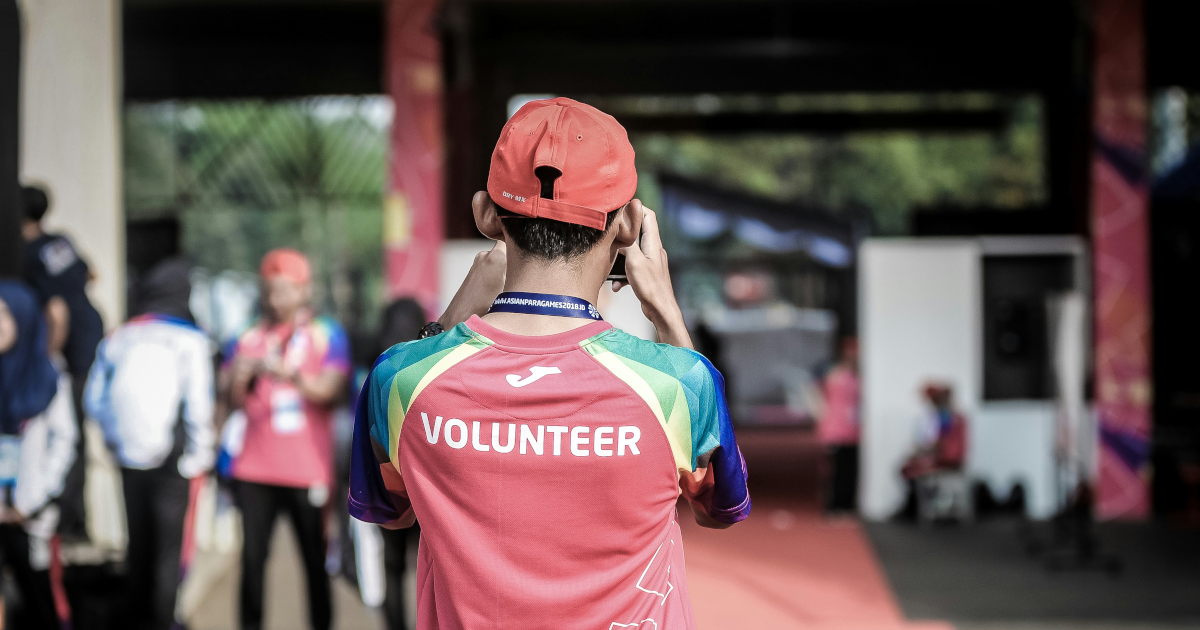
Blockchain Community Currency Pilot in Tanzania Doubles Local Economic Impact
TL;DR
Encointer's blockchain system multiplies economic impact by 240%, giving communities a significant advantage in local economic development through enhanced cash transfer efficiency.
Encointer combines blockchain cash transfers with local savings systems and digital currencies to create reserve-backed community economies that circulate funds internally.
This initiative strengthens community relationships, reduces poverty through local economic empowerment, and creates more resilient societies with improved livelihoods for all participants.
Aisha's MoZa Cosmetics grew from 15 to 40 monthly clients using the Nyota currency, showing how digital tools can transform small businesses in emerging economies.
The Encointer initiative, a Swiss-based NGO focused on enabling global unconditional basic income, has released new findings from its blockchain-based community currency pilot in Dar es Salaam, Tanzania. The project demonstrates how digital currency systems combined with local cultural practices can significantly boost local economic activity and strengthen community resilience.
According to the newly released data, combining cash transfers with Encointer's local community currencies multiplied the economic impact of the cash transfers by 240%. The pilot in the Nyota community represents a collaboration between Encointer and local NGO Jukumu, which focuses on poverty reduction at the community level. Launched in late 2023, the Nyota community currency has grown organically within the district, with more than 100 participants now active in this emerging local economy.
The initiative combines two innovative approaches to strengthen local economies, both beginning with direct cash transfers using blockchain systems. In the first method, donations go directly to individuals who then pool their small cash transfers using Mchezo, the region's traditional rotating savings and credit system. These pooled resources fund small local businesses in areas such as tailoring, food production, and retail.
The second approach uses cash transfers to fill a reserve that secures the issuance of the local digital currency. This reserve allows the community currency to be exchanged for national currency when needed, ensuring the local digital currency continues circulating within the community while external cash transfers enable ongoing economic activities. Project documentation available at https://encointer.org illustrates how the system operates and its measurable impacts.
The pilot has already demonstrated tangible real-world results, as evidenced by business growth and community feedback. Alinagwe Mwaselela, a community participant, noted that the currency has strengthened relationships between members while increasing savings and reducing costs for quality products and services. One specific example includes Aisha, who runs MoZa Cosmetics and expanded her customer base from approximately 15 to over 40 clients per month through the Nyota community currency.
Building on these successes, Encointer is preparing to scale its model to new communities. The organization is conducting deeper impact assessments through community surveys and transaction analysis while integrating savings groups and community-backed microloan mechanisms directly into their smartphone application. This expansion aims to make the tools pioneered in the Nyota pilot accessible to new communities worldwide.
The initiative represents a significant advancement in development economics, demonstrating how blockchain technology can be adapted to local contexts to create sustainable economic systems. The model shows particular promise for communities in the Global South, where traditional financial systems may be less accessible. Additional project insights are available through video documentation at https://youtu.be/4_u7J64MFaE and https://youtu.be/i9NV6iErKfQ, showcasing the practical implementation and community responses.
Encointer is expanding partnerships with NGOs, donors, and local governments to pilot the models at larger scales, with initial successes already visible in Nigeria where new communities have adopted the Encointer system. The approach combines proof-of-personhood, democratic governance, and demurrage-based economics to encourage currency circulation and foster inclusion, potentially offering a replicable model for community-led economic development worldwide.
Curated from 24-7 Press Release
